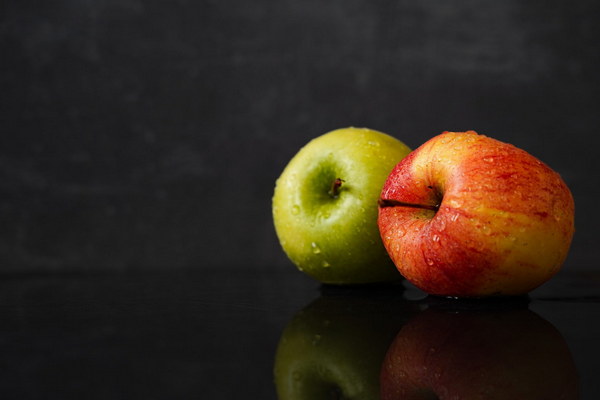The Science Behind Anti-Aging Unveiling the Secrets to Youthful Longevity
Introduction:
The quest for eternal youth and longevity has fascinated humanity for centuries. With advancements in science and technology, we have gained a deeper understanding of the aging process and how to combat it. This article delves into the latest research on anti-aging, exploring the scientific foundations and promising strategies that can help us achieve youthful longevity.
1. The Biology of Aging:

Aging is a complex biological process influenced by various factors such as genetics, lifestyle, and environmental factors. Researchers have identified several key mechanisms involved in aging, including:
a. Telomere shortening: Telomeres, the protective caps at the ends of chromosomes, gradually shorten with each cell division. When telomeres become critically short, cells can no longer divide, leading to aging and age-related diseases.
b. Oxidative stress: Reactive oxygen species (ROS) produced during cellular metabolism can damage cells and contribute to aging. Antioxidants play a crucial role in neutralizing these harmful molecules.
c. Inflammation: Chronic low-grade inflammation has been linked to aging and age-related diseases. Modulating the inflammatory response can potentially slow down the aging process.
2. Strategies for Anti-Aging:
Several approaches have been explored to combat aging and promote longevity:
a. Caloric restriction: Studies have shown that reducing caloric intake can extend lifespan in various organisms, including mammals. This approach is believed to activate certain cellular pathways that promote longevity.
b. Exercise: Regular physical activity has numerous health benefits, including improved cardiovascular health, reduced inflammation, and enhanced cellular function. Exercise can slow down the aging process and improve overall well-being.
c. Antioxidants: Consuming antioxidants, either through diet or supplementation, can help combat oxidative stress and reduce the risk of age-related diseases. Foods rich in antioxidants include fruits, vegetables, nuts, and spices.
d. Telomerase activation: Telomerase is an enzyme that can extend telomeres, thereby slowing down the aging process. Research is ongoing to develop safe and effective telomerase activators.
e. Lifestyle modifications: Adopting a healthy lifestyle, including a balanced diet, adequate sleep, stress management, and social engagement, can contribute to youthful longevity.
3. Future Prospects:
The field of anti-aging research is rapidly evolving, with several promising developments on the horizon:
a. Targeting aging pathways: Researchers are identifying specific genes and pathways involved in the aging process. By targeting these pathways, it may be possible to develop novel anti-aging therapies.
b. Stem cell therapy: Stem cells have the potential to regenerate damaged tissues and slow down the aging process. Advances in stem cell research may lead to effective treatments for age-related diseases.
c. Genetic modifications: CRISPR technology and other gene-editing tools are being explored to modify genes associated with aging and longevity.
Conclusion:
The science of anti-aging has made significant strides in recent years, offering hope for a longer, healthier life. By understanding the biology of aging and implementing evidence-based strategies, we can take steps towards achieving youthful longevity. As research continues to advance, the future of anti-aging holds great promise for a healthier and more fulfilling life.









